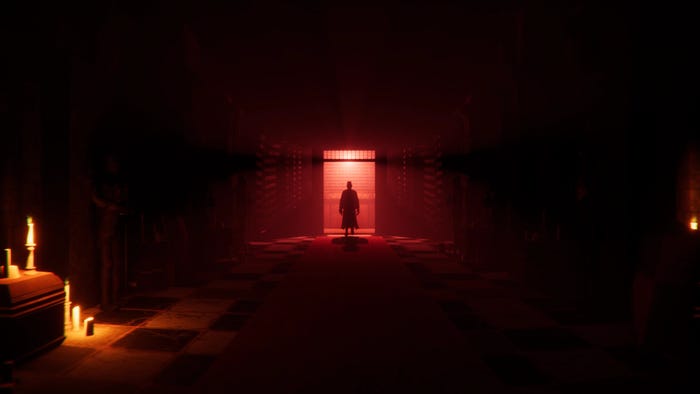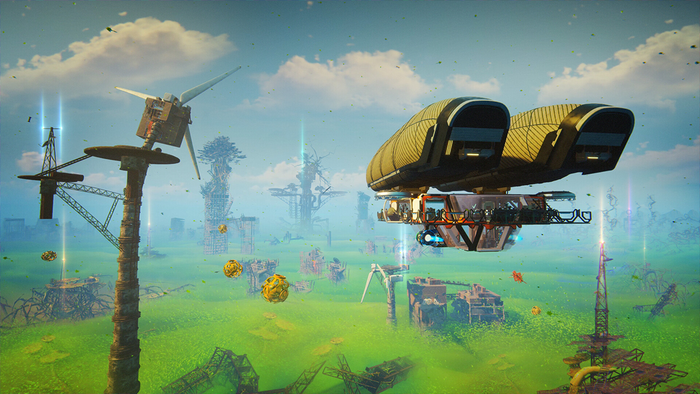At GCDC, Sun's Horst Thieme discussed the company's new Project Darkstar game server, an intriguing attempt to "simplify the process of developing multi-player online games" on a massive scale.
August 22, 2006

Author: by Fabian Arat, Michael Hempel, Leipzig
Horst Thieme works as the business development manager for Sun Microsystems Germany, and he started by asking a pretty straightforward question at the first day of GCDC in Leipzig: why was Java creator Sun appearing at the Games Convention Developers Conference? The answer was that, in the predicted future of the global video game industry in 2011, the fastest growing segment of that $40 billion market is online games, estimated to reach $11.4 billion in revenues by that date. These require servers, so Sun Microsystems decided to start developing a game server called Project Darkstar at Sun Labs. The initial announcement of the project made earlier this year explains it as follows: "'Project Darkstar' is a research effort aimed at simplifying the process of developing multi-player online games that can be deployed on a massive scale and made available to players using virtually any client device. The first technology release under this project, the Sun Game Server, is a game agnostic, platform agnostic server technology that provides online game developers the ability to create a wide variety of games that can be provisioned through a single server platform." Thieme then asked what what group of people are playing online the most, and when someone answered "young males", he notes that the main group of online players are 45-year old females. That demographic doesn't play Counter-Strike, he said, but online poker or other card games, primarily. He then elaborated on the differences in the complexity of online games, especially between MMOGs and casual games and the differences in the server infrastructure needed for these games. The problem is that every game has a different server, and the gaming companies have to develop new servers all the time. That's a high barrier for small development companies, Thieme suggested, because they have to heavily invest in infastructure and network expertise. And what if a release by a small company turned into a huge success overnight? Would the server be scalable enough to handle the load? And could the server handle different types of devices? That's where Project Darkstar comes in, according to Sun. It is designed to create a standard for online game servers and to extend the online gaming experience to mobile devices. The idea behind Project Darkstar is to extend the experience of an online game to all devices. For example, when playing a role playing game on the PC, you could still use a set-top box for the character screen, but not for fighting while in the living room, and your mobile phone for inventory and trading while not at home. All this is the goal of Project Darkstar and can be handled by it, Sun claims, because it is device agnostic. It is also designed to be game agnostic, and runs on all operating systems, Linux, OS X and Windows. The idea of having a standard for game servers would prevent developers from having to invent the wheel over and over again, and would offer small developer companies access to a stable and extremely scalable server infrastructure, enabling them to reach more players than ever before. So, all this sounds perfectly good in theory - and indeed, the Project Darkstar page promises even more detailed code to play with, including Battle Trolls, "a demo MMORPG engine developed in Java3D [which] uses the Aurora toolset from Neverwinter Nights." Apparently, you will be able to "download the source code to modify and start building your own MMOG." But why is Sun making this available at all? Thieme explained that the reason for it was easy accessibility for developers, so that many games can be created. In that case, huge servers with many games and thousands of players on them might arise, and these could only be handled by big hosting providers - and Sun is one of the major suppliers of relevant server technology. Thus, although the initiative is altruistic in many ways, Sun are hoping that it will pay off in the long-term. However, it remains to be seen whether the project will see significant take-up from the game community.
You May Also Like







